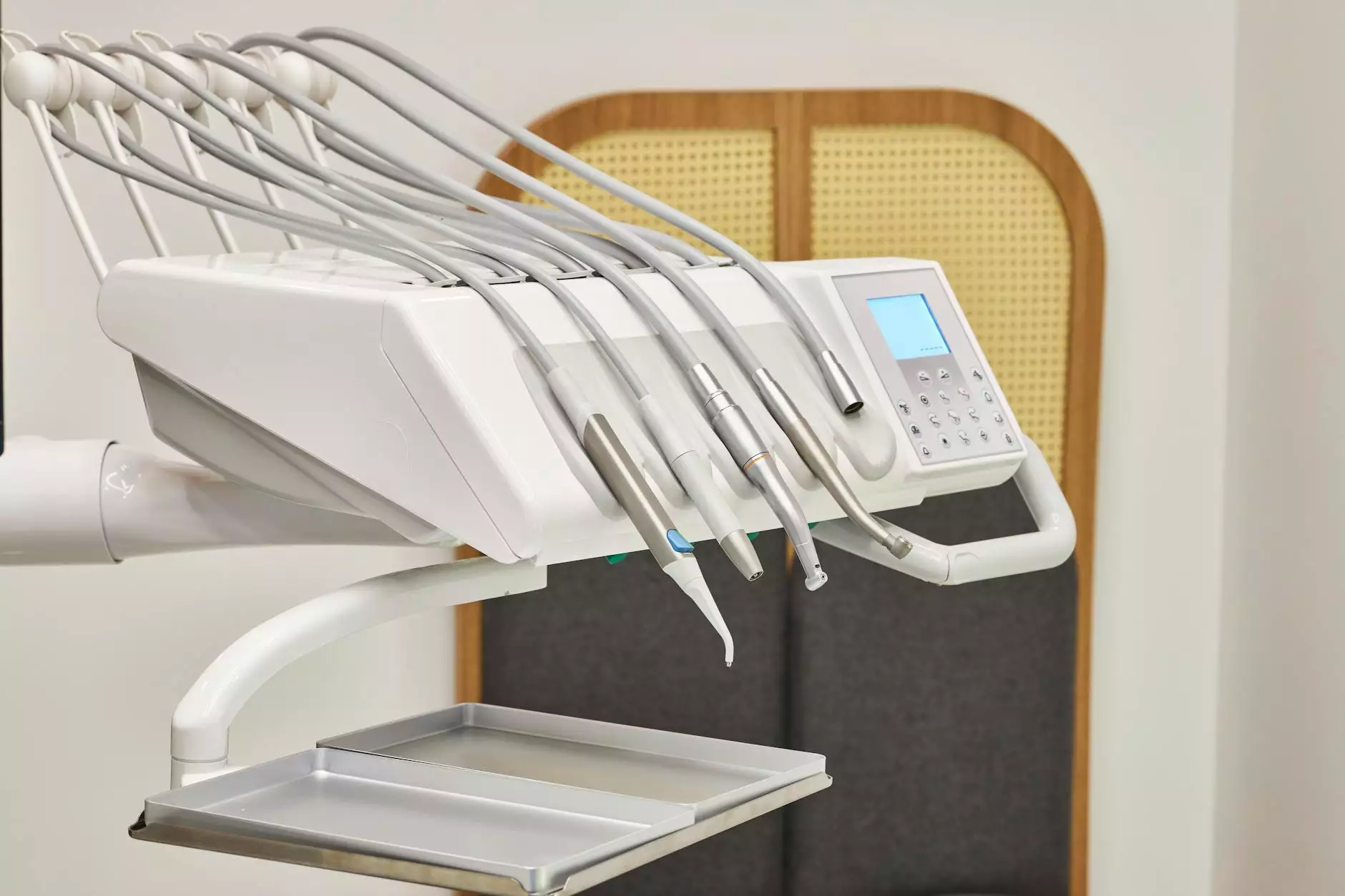The Benefits of Using Surgical Dissector Tools in Medical Procedures

Introduction to Surgical Dissector Tools
Surgical dissector tools play a crucial role in enhancing precision and efficiency during medical procedures. These specialized instruments aid doctors and surgeons in navigating delicate tissues with accuracy and care.
Enhancing Surgical Precision
One of the primary advantages of utilizing surgical dissectors is their ability to enhance surgical precision. These tools are designed to carefully dissect tissues, nerves, and blood vessels with minimal damage to surrounding areas. This precision is particularly vital in intricate surgeries where the margin of error is minimal.
Improving Surgical Efficiency
By using surgical dissectors, medical professionals can significantly improve the efficiency of surgical procedures. These tools enable swift and accurate dissection, reducing the overall duration of the operation. The streamlined process benefits both the surgeon and the patient by minimizing the time spent in the operating room.
Types of Surgical Dissector Tools
There are various types of surgical dissector tools available, each tailored to specific surgical needs. From blunt dissectors to sharp dissectors, surgeons can choose the appropriate tool based on the nature of the procedure and the tissues involved.
Benefits for Doctors
For doctors, the use of surgical dissector tools not only improves the accuracy of procedures but also reduces the risk of complications. By employing these precision instruments, doctors can achieve optimal surgical outcomes and ensure the well-being of their patients.
Benefits for Medical Centers
Medical centers that prioritize the use of surgical dissectors benefit from enhanced reputation and patient satisfaction. The successful use of these tools reflects the center's commitment to quality care and advanced medical practices.
Conclusion
In conclusion, the incorporation of surgical dissector tools in medical procedures is integral to improving surgical outcomes and patient safety. These specialized instruments not only enhance precision and efficiency but also underscore the advancement of medical technology in the healthcare industry.









